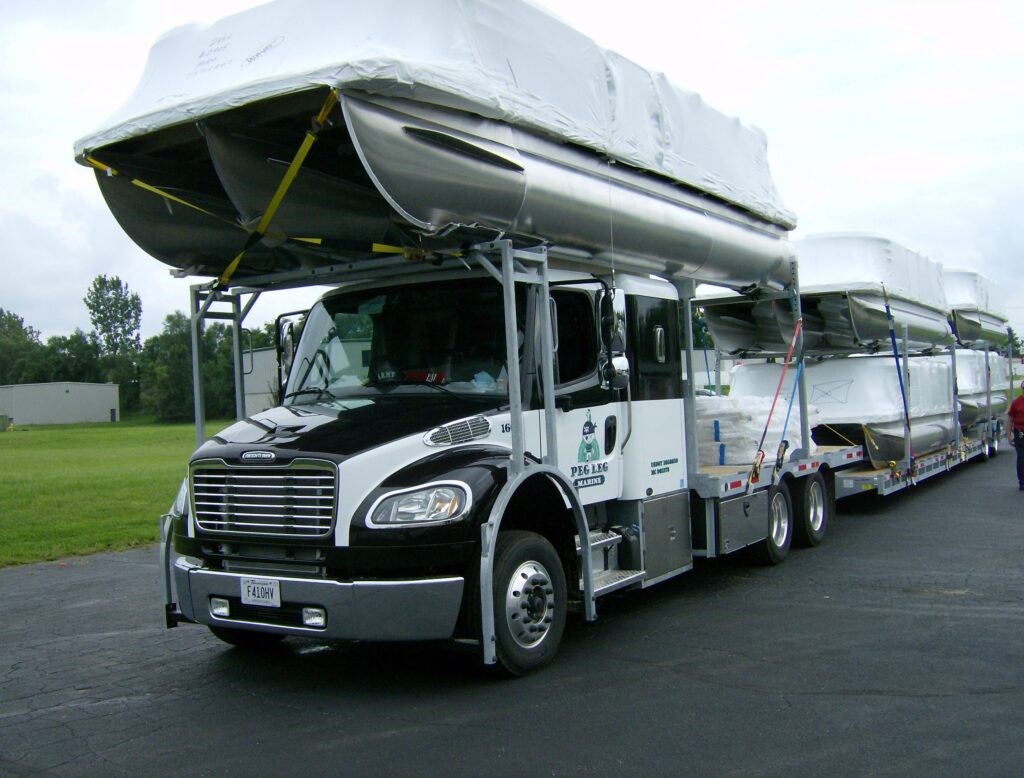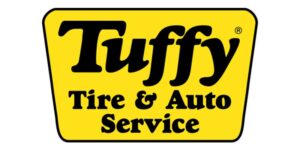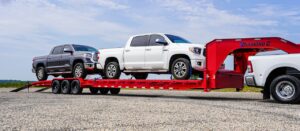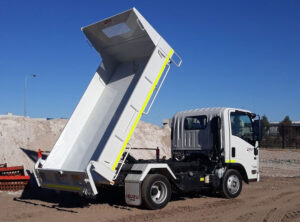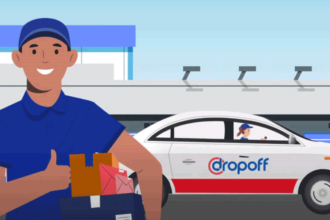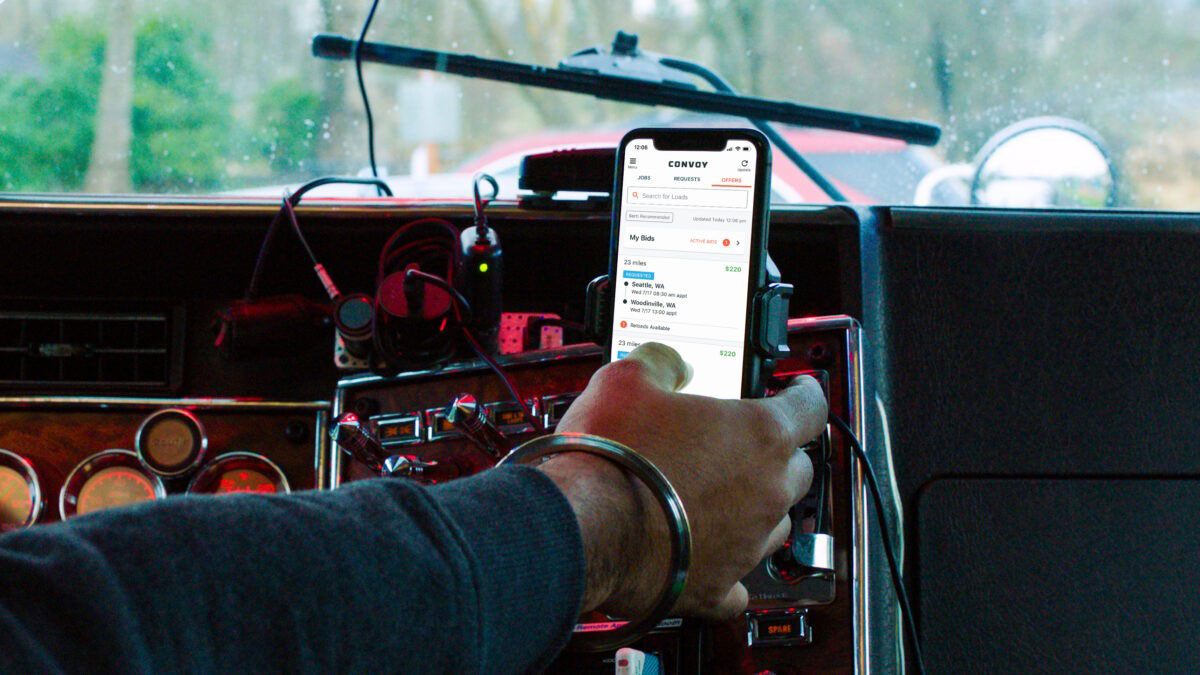Table of Contents
Are you considering diving into the world of boat hauling, but the complexities of the authority for boat haulers have you feeling adrift? Don’t worry! Whether you’re looking to transport boats for hire or you’re just curious about the requirements, fasten your lifejacket and navigate the waters of the boat hauling authority!
A boat hauler is someone at the helm of transporting boats from one destination to another, ensuring these aquatic marvels reach their next waterborne adventure safely. However, understanding the nuances of authority for boat haulers is as essential as navigating through the waves.
Authority for boat haulers encapsulates the permissions, licenses, and legal certifications needed for this transport odyssey. Just as a captain needs to master the art of sailing, a boat hauler requires a specific set of authorizations to navigate the roads and highways with boats in tow. Unfurl the sails and chart the course on how to acquire the authority you need for this adventure. Get ready to set sail into a world of boat hauling that’s not only fulfilling but also financially rewarding.
To start your boat hauling venture on the right foot:
- Determine the Type of Authority Needed
- Obtain a Commercial Driver’s License (CDL)
- Register Your Business
- Apply for a USDOT Number
- Obtain an MC Number
- File for BOAT Registration
- Complete Vehicle Registration
- Apply for State Permits
- Secure Proper Insurance Coverage
- Designate a Process Agent
- Pay Applicable Fees
- Undergo Safety Audits
- Maintain Records
Recap
>>>MORE: Interstate Authority
1. Determine the Type of Authority Needed
To legally hit the water as a boat hauler, confirm if you need motor carrier authority or freight forwarder authority. This depends on the specific services you intend to offer. Assess if you need Interstate or Intrastate authority. For instance, if you’re based in Florida and you plan to transport boats for hire within the state, In this case, you’ll need Intrastate authority, which allows you to operate only within Florida’s boundaries. However, if you intend to transport boats across state lines, say from Florida to Georgia, you’ll need Interstate authority.
2. Obtain a Commercial Driver's License (CDL)
To dive into the boat hauling industry, check if your boat hauler’s weight exceeds the limit requiring a CDL. If your boat-hauling vehicles exceed specific weight thresholds, your drivers should obtain a CDL. This often applies to larger boats and haulers. For instance, if you’re hauling large yachts or sailboats, this requirement applies.
3. Register Your Business
To embark on a career as a boat hauler, establish a legal entity for your boat hauling business, like an LLC or corporation, and obtain the necessary permits and licenses to operate in your state. This step helps protect your personal assets. Suppose you decide to register your boat hauling business as an LLC in Texas. This legal structure not only provides personal asset protection but also simplifies tax reporting.
4. Apply for a USDOT Number
To ensure your boat hauling business adheres to regulations, apply for a USDOT number if your vehicle has a gross vehicle weight rating (GVWR) of over 10,000 pounds. For instance, if your trailer weighs 5,000 pounds and the boat weighs 7,000 pounds, totaling 12,000 pounds, you’d require a USDOT Number. You can apply for a USDOT number through the Federal Motor Carrier Safety Administration (FMCSA).
>>>GET SMARTER: USDOT and MC Number Application: Checklist to Follow
5. Obtain an MC Number
To operate as a legitimate boat hauler, get an MC (Motor Carrier) number. If you’ll be crossing state lines or operating as a for-hire carrier, you generally need an MC number. For instance, if you plan to haul boats from Michigan to Ohio and make interstate trips for hire, you will then need an MC Number from the Federal Motor Carrier Safety Administration (FMCSA).
6. File for BOAT Registration
To haul boats and remain within legal boundaries, you need to register with the Federal Maritime Commission (FMC) for BOAT authority. This is required for you if your business is involved in interstate commerce. It’s separate from the USDOT and MC numbers but essential for compliance. For example, if you’re transporting boats on behalf of other boat owners as a service, you must register with the Federal Maritime Commission for BOAT authority. This registration allows you to legally provide this service.
7. Complete Vehicle Registration
To transport boats legally and safely, ensure all your boat hauling vehicles, including the trucks and trailers, are properly registered with your state’s Department of Motor Vehicles (DMV). This ensures you have the necessary permits displayed on your vehicles.
8. Apply for State Permits
To dive into the world of boat hauling, research the state-specific permits or licenses needed, especially for interstate operations. Some states may require additional permits. For instance, if you’re based in Louisiana and you occasionally transport boats into Texas, Texas might require additional state permits, so research and apply for these accordingly.
9. Secure Proper Insurance Coverage
To ensure a smooth start to boat hauling, get adequate insurance coverage as required by federal regulations and your state. Insurance is crucial! Cargo insurance covers the boats you’re transporting, while liability insurance protects you from potential accidents during transport. Consider a scenario where, during transportation, one of the boats sustains damage. Cargo Insurance will cover the cost of repairing or replacing the damaged boat, protecting your business from financial losses. Besides cargo and liability insurance, you should also obtain comprehensive and collision insurance to cover potential damages to your vehicles.
10. Designate a Process Agent
To achieve success in the boat hauling industry, appoint a registered agent in each state where you operate, as required by the FMCSA. This individual ensures you receive important notices and can accept legal documents on your behalf. For instance, if your boat hauling business is based in Illinois and you’re frequently on the road, your process agent in Illinois can accept legal documents on your behalf, ensuring you don’t miss important notifications while away.
11. Pay Applicable Fees
To navigate the regulatory waters as a boat hauler, be prepared to pay fees associated with obtaining and maintaining your authority. Depending on the type of authority and registrations you need, there will be various fees involved. These can include registration fees, biennial updates, USDOT fees, MC Number fees, and more. Different authorities and registrations involve various fees.
12. Undergo Safety Audits
To succeed as a boat hauler, expect safety audits to ensure compliance with regulations. For instance, the Federal Motor Carrier Safety Administration (FMCSA) may conduct inspections of your equipment and operations. They’ll inspect your vehicles, check driver logs, and ensure your operations comply with safety regulations. Be prepared for these inspections.
13. Maintain Records
To understand the authority requirements for a boat hauler, keep meticulous records of your operations, including driver logs, maintenance records, and business-related documentation. Compliance with record-keeping is essential. These records are essential for demonstrating compliance during audits.
Recap
To gain the authority needed for boat hauling, determine the type of authority required, register your business, acquire essential identification numbers, like the USDOT and MC numbers, secure insurance, designate a process agent for legal matters, pay the requisite fees, prioritize safety through audits, maintain meticulous records, stay updated on industry developments, and keep your authority current through renewals.
In conclusion, these steps ensure that you not only have the necessary authority to operate as a boat hauler but also run a safe and legally compliant business. Remember, the specifics may vary by location and business model, so research the requirements in your area and consult with relevant authorities.


